In today’s rapidly growing cities, traffic congestion and air pollution are critical issues. As urbanisation expands and the demand for goods rises, sustainable freight transportation has become essential. Enter the eCargo bike, an eco-friendly, efficient, and versatile mode of transport. In this blog, we’ll explore how eCargo bikes are transforming the freight industry and contributing to greener cities.
The Rise of eCargo Bikes
Traditional delivery vehicles like vans and trucks have long been the standard in logistics. However, with growing concerns about emissions, these fossil fuel-powered vehicles are contributing to air pollution and climate change. As cities look to improve sustainability and pedestrian access, eCargo bikes have emerged as an innovative solution for last-mile deliveries.
Efficiency and Speed
While using bicycles for deliveries might initially seem slow, eCargo bikes are designed for power and efficiency. Thanks to their advanced electric-assist systems, riders can carry heavy loads, conquer hills, and navigate congested urban areas with ease. The electric assist allows riders to move quickly through narrow streets and crowded roads, reaching doorsteps faster than traditional vehicles.
Eco-Friendly and Sustainable
One of the most significant benefits of eCargo bikes is their environmental impact. With zero emissions, they contribute to reducing air pollution and greenhouse gases, which is vital for improving air quality in cities. By promoting cleaner transportation, these bikes are key players in combating climate change and building sustainable cities.
Cost-Effectiveness for Businesses
From a business perspective, eCargo bikes provide numerous cost-saving advantages. Compared to vans and trucks, they are cheaper to maintain and only require low-cost charging. Furthermore, they don’t face vehicle restrictions, allowing them access to pedestrianised zones, bike lanes, and areas off-limits to motorised vehicles. These benefits lead to faster deliveries and increased customer satisfaction, all while lowering operational costs.
Promoting Livable Cities
Beyond their business advantages, eCargo bikes also contribute to making cities more livable. By reducing traffic congestion and noise pollution, they create safer and quieter urban environments. This shift prioritises pedestrians and cyclists, making cities more attractive for residents and visitors. As a result, urban planning is adapting, with more dedicated bike lanes and cycling infrastructure being developed.
Challenges and Future Potential
While eCargo bikes have clear benefits, they do face challenges. One primary issue is their limited carrying capacity compared to traditional vehicles. However, ongoing innovations are addressing this by designing larger and more efficient models.
Another challenge is optimising last-mile logistics for large-scale deliveries. Collaboration between businesses, local governments, and transportation providers is essential to fully integrate eCargo bikes into existing systems.
Conclusion
As cities strive for greener solutions, eCargo bikes are emerging as a game-changer in urban freight transport. Their combination of eco-friendliness, efficiency, and cost savings makes them an attractive alternative to conventional delivery vehicles. As technology advances and cities continue to adapt, eCargo bikes will play a key role in reshaping urban transportation—pedal by pedal, towards a more sustainable future.


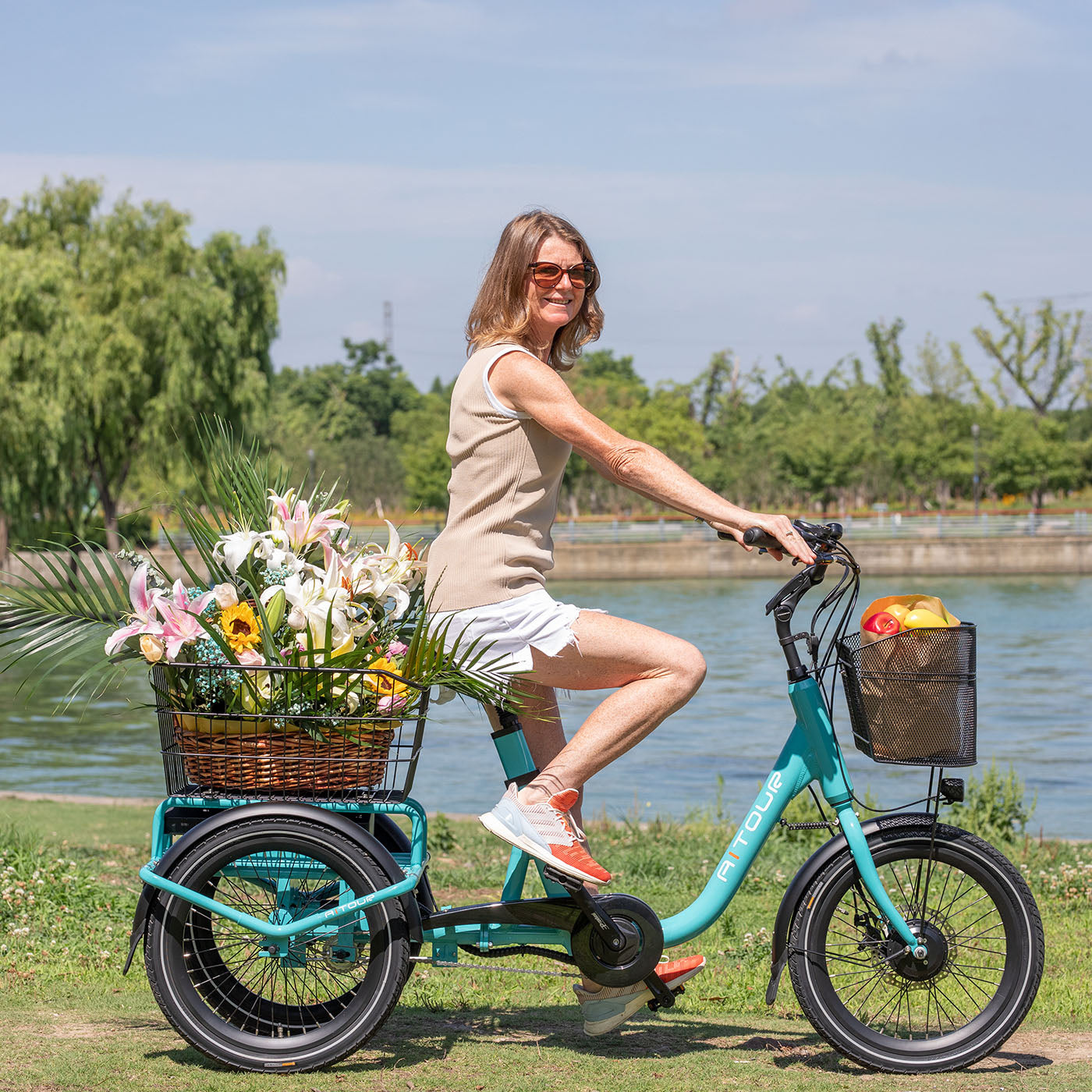
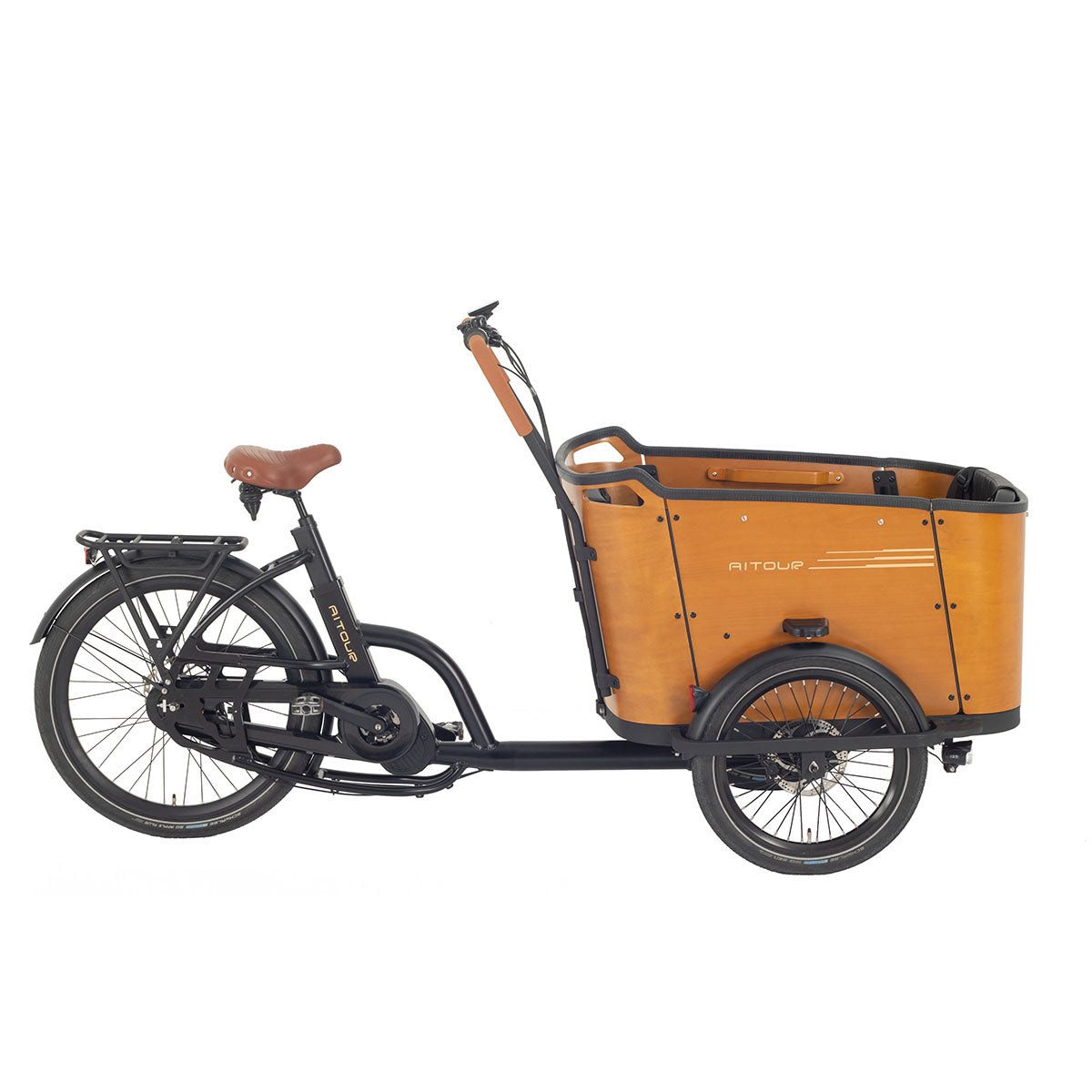
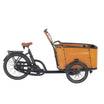
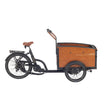
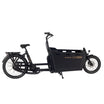
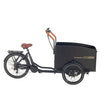

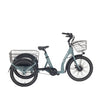
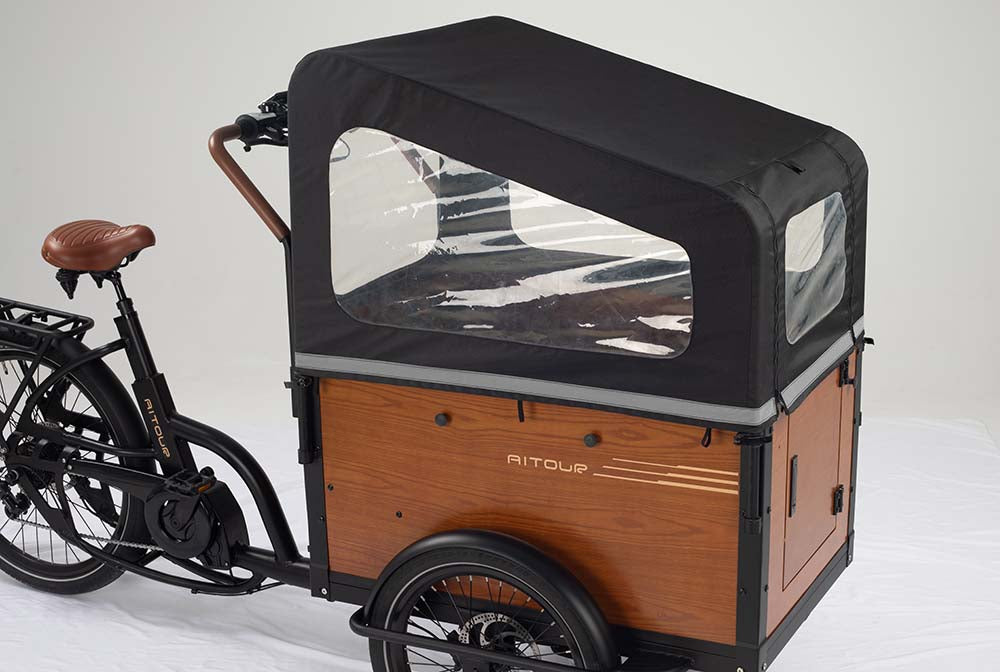
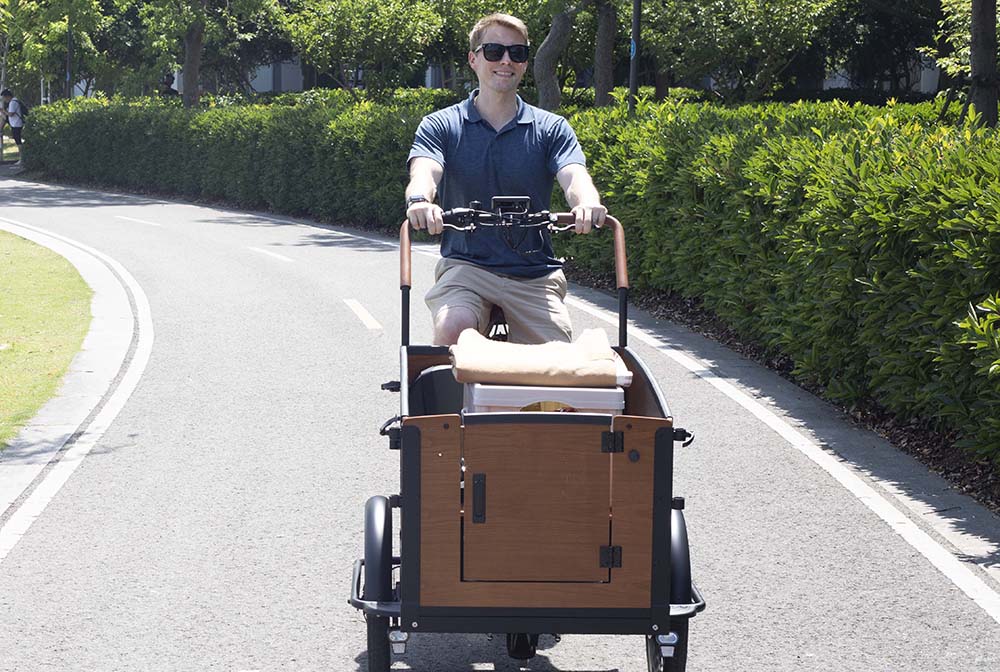
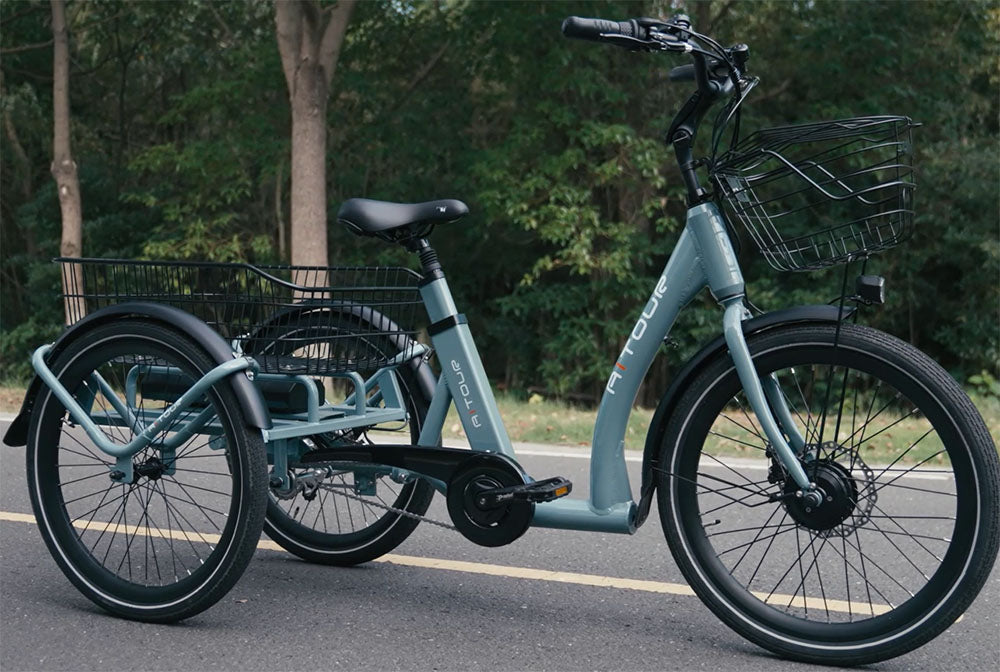
Leave a comment
All comments are moderated before being published.
This site is protected by hCaptcha and the hCaptcha Privacy Policy and Terms of Service apply.